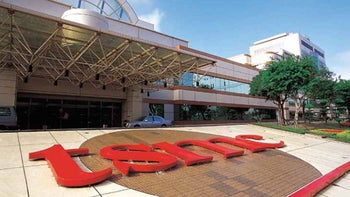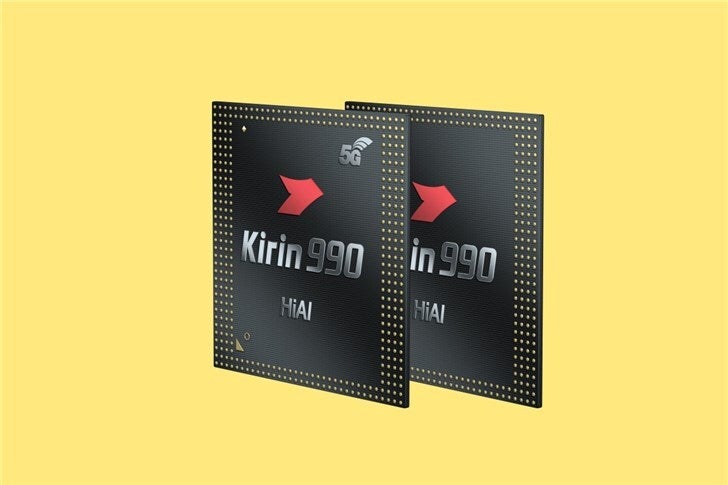U.S. export rule change puts TSMC and Huawei in a bind over shipments of cutting-edge 5nm silicon

This past May, almost exactly a year after Huawei was placed on the U.S. Commerce Department's Entity List preventing it from accessing its stateside supply chain, the U.S. struck again. The Commerce Department changed an export rule allowing the U.S. to demand that foundries manufacturing chips using American-sourced tech need to obtain a license from the U.S. to ship cutting-edge-chips to Huawei.
TSMC delivered to Huawei only 8.8 million of the 15 million 5nm chips that the manufacturer ordered
Surely you can see the issue here. TSMC, the world's largest independent foundry, produces chips for big-name phone manufacturers; Apple was its number one customer with Huawei number two. But the new export rule prevents TSMC from doing business with the Chinese firm. After September 15th, the foundry was no longer allowed to ship the chips that TSMC produced for Huawei to the latter without obtaining a license. And this year, Huawei was counting on deliveries of the Kirin 9000 chipset designed by its HiSilicon semiconductor unit to power its most technologically advanced handsets of the year, the Mate 40 series. In addition, these chips were expected to help Huawei produce the 5G radios it uses on its latest networking equipment gear.

The 7nm+ Kirin 990 5G chip is being replaced with the 5nm Kirin 9000 chipset
The Kirin 9000 chip is made using TSMC's 5nm process that features a transistor density of 171.3 million transistors per square mm; the higher the transistor density, the lower the process node and the greater the performance and energy-efficiency of a chip. The big question is whether Huawei was able to stock up on enough 5nm chips from TSMC before shipments stopped in the middle of this month.
Richard Yu, the head of Huawei's consumer business, has already stated that the Kirin chip used on the Mate 40 could be the company's last flagship chip if there is no way around the ban. And the order and production numbers that leaked from TSMC certainly don't bode well for Huawei's future starting in 2021. According to GizChina, Huawei had placed orders with TSMC for as many as 15 million Kirin chips. But because of the deadline that the U.S. placed on TSMC to ship these chips to Huawei, it is believed that only 8.8 million of such components were delivered to Huawei.
The upstream supply chain also helped leak the pricing of TSMC's 5nm wafer. The 12-inch wafer costs $16,988 when manufactured using TSMC's 5nm process. Using the 7nm process, the same sized wafer is priced at $9,346. The foundry price to buy a single 5nm chip is $238, only a $5 difference than the 7nm price of $233.










Things that are NOT allowed: